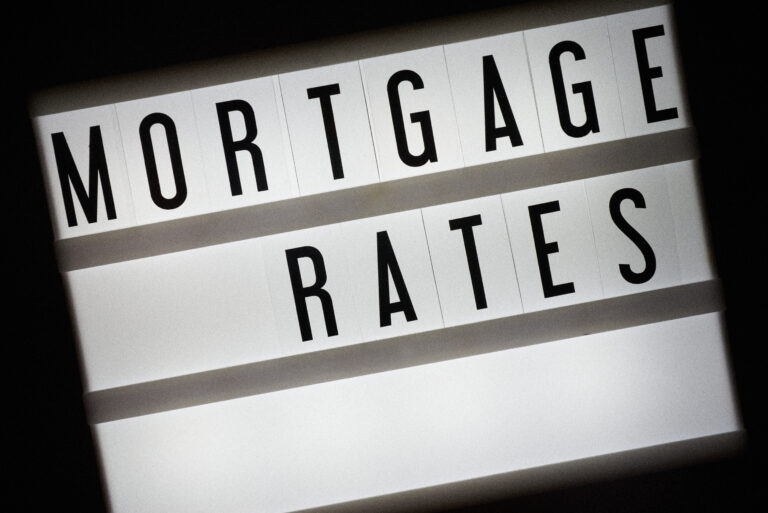Why a Variable Rate Mortgage Could Benefit You in 2024
With interest rates fluctuating, many homeowners are reconsidering their mortgage options. While fixed rates offer stability, variable rates can provide significant advantages for those willing to navigate a bit of risk and uncertainty.
2024: The Current Mortgage Landscape
Borrowers with exceptional credit may find lower rates — as low as 4.04%, according to Money.ca. However, most borrowers will find average 5-year fixed mortgage rates hovering around 4.95%. Those looking to save a bit won’t find any relief, given that the average variable rate mortgage fell between 5.20% and 5.30%, as of October 1, 2024.
At first glance, most homeowners and mortgage shoppers would automatically dismiss variable rates. Why opt for a higher rate? Despite variable rate mortgages adding 25 to 50 basis points on the mortgage rate — 100 basis points equals 1% — there are a few three strategic reasons to select a variable rate mortgage.
Advantage 1: Flexibility to Pay Less Over Time
Variable-rate mortgages often come with lower penalties for breaking the mortgage early.
If you plan to sell or refinance before the end of your term, a variable mortgage offers greater flexibility and lower penalties.
In most cases, the penalty you pay to break a variable-rate mortgage is the equivalent of three months of interest, plus administration fees.
Compare this to the steep penalty you pay for breaking a fixed-rate mortgage — calculated using the Interest Rate Differential (IRD) formula. This proprietary calculation can quickly climb up to tens of thousands.
For this reason, a variable-rate mortgage is a better option if:
- You plan to move before your mortgage term ends
- You are uncertain about future employment opportunities
- You are considering a major lifestyle change (ie: birth, death, marriage, etc.)
- You anticipate a large windfall, such as an inheritance, that can help pay down your debt
Advantage 2: Opportunity to Save as Rates Decrease
Though variable rates are higher at the moment, historically they tend to be lower than fixed-rate mortgage rates. It’s not unreasonable to assume that the historical standard — lower variable rates — will eventually happen. By going with a variable rate mortgage, now, you will eventually benefit from the rate decline.
Even if history doesn’t repeat itself, there is still an advantage to selecting a variable-rate mortgage — as long as you anticipate further overnight rate drops from the Bank of Canada.
The Bank of Canada will make its next rate announcement on October 23, 2024, and its final announcement for the year on December 11. There is an expectation that the Bank of Canada will continue to lower its overnight rate, and this will lead to even lower variable rates for mortgages and personal loans.
Homeowners who choose variable rates will benefit from these rate cuts without needing to refinance, allowing them to pay less interest over time.
Advantage 3: Leveraging Lower Payments to Reduce Debt
While variable rates are slightly higher than fixed rates, choosing a variable-rate mortgage can still help you manage your budget effectively.
As rates continue to drop, your variable mortgage rate will also drop. This allows a larger percentage of your monthly payment to be used to repay the debt, rather than the interest.
On the flipside, if you find yourself in a pinch later on, the lower rates would allow you more flexibility to free up cash, on a month-to-month basis, allowing you to continue repaying your mortgage but with increased flexibility in cash flow.
Final Thoughts: Weighing Your Risk Tolerance
Ultimately, the decision between a fixed and variable rate comes down to your financial goals and risk tolerance. If you’re comfortable with potential fluctuations and want the flexibility to make extra payments or exit your mortgage without large penalties, a variable-rate mortgage may be the best option for you in 2024 and going into 2025.





